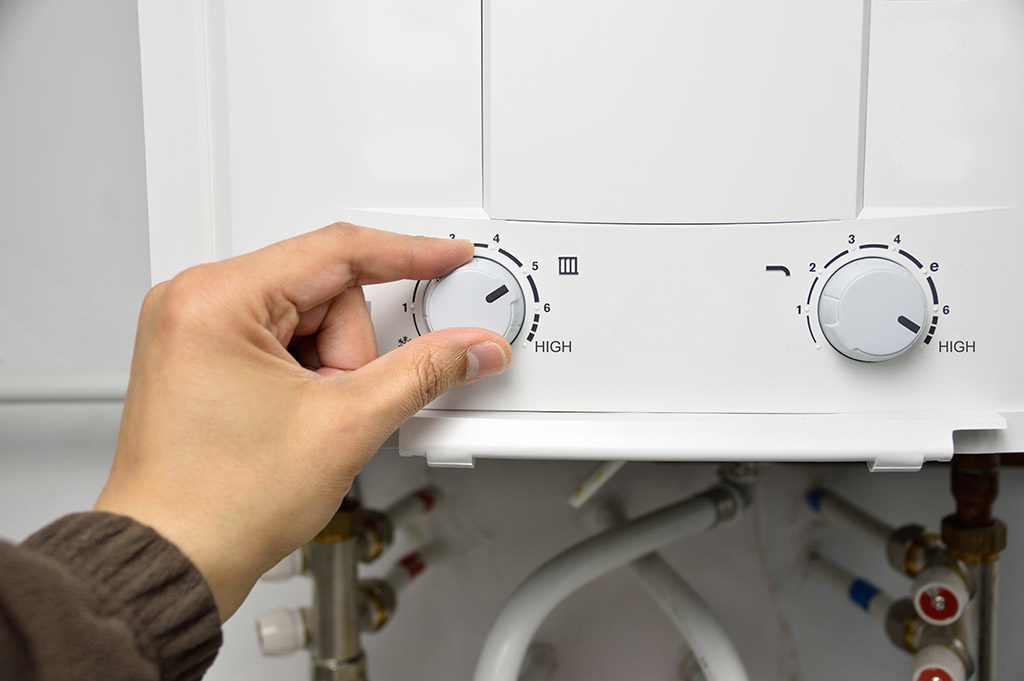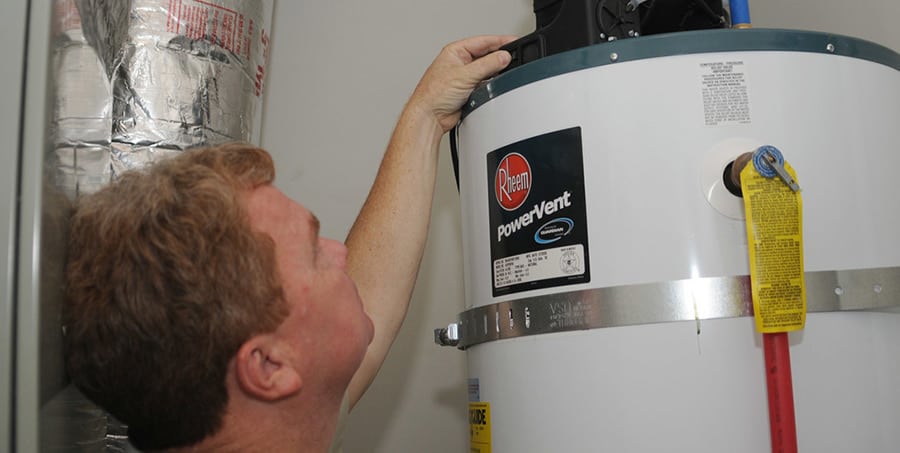The content following next involving Is Your Water Heater Leaking? is unquestionably enlightening. Give it a go and draw your own ideas.

A water heater is just one of one of the most essential standard home appliances that can be found in a house. With water heaters, you don't require to experience the anxiety of home heating water manually whenever there is a requirement to wash, do the laundry, or the meals. However, there is always an opportunity that your hot water heater would certainly act up just like most mechanical devices.
It is important to note any little malfunction and also tackle it swiftly prior to points leave hand. The majority of times, your hot water heater starts to malfunction when there is an accumulation of sediments as a result of constant use. As a safety measure, periodic flushing of your hot water heater is advised to prevent debris build-up and avoid functional failing.
Common hot water heater emergencies and also exactly how to manage them
Leaky water heater storage tank.
A leaking tank could be a sign of corrosion. It could trigger damages to the flooring, wall surface and electrical tools around it. You could also go to risk of having your apartment swamped. In this situation, you ought to switch off your hot water heater, allow it to cool down, and very carefully look for the source of the trouble. At times, all you need to do is to tighten up a few screws or pipeline links in cases of small leakages. Yet if this doesn't work and the leakage continues, you might need to utilize the services of a professional for a suitable replacement.
Varying water temperature level.
Your water heating unit could start generating water of different temperatures generally ice hot or cool warm. There could be a need to replace either the thermostat or the home heating unit of your water heating system.
Inadequate hot water
Taking care of an inadequate supply of hot water can be aggravating. It might be that the hot water heater can't sustain the hot water need for your home. To manage this issue, you might try to readjust your heater's temperature dial and also wait for a couple of minutes. If the trouble persists, you can request the help of a professional plumber. Conversely, you can update your hot water heater to one with a larger capacity.
Blemished or odiferous water
When this happens, you need to recognize if the problem is from the tank or the water resource. If there is no funny smell when you run chilly water, after that you are particular that it is your water heater that is damaged. The smelly water can be created by rust or the buildup of germs or debris in the water heater tank.
Final thought
Some homeowners neglect little caution and minor faults in their water heater device. This just results in further damages as well as a possible full break down of your appliance. You must handle your hot water heater faults as quickly as they come near prevent more expenses as well as unnecessary emergency difficulties.
With water heating units, you don't need to go via the stress and anxiety of home heating water manually every time there is a need to take a bathroom, do the laundry, or the recipes. Your water heating system could begin creating water of different temperature levels typically ice cold or hot warm. It might be that the water heating unit can not support the warm water demand for your apartment or condo. If there is no amusing smell when you run cool water, then you are particular that it is your water heater that is damaged. The stinky water can be triggered by corrosion or the accumulation of microorganisms or sediments in the water heating unit tank.
Water Heater Burst: Why This Happens And What To Do Next
Water Heater Explosion Warning Signs
Since storage water heaters are made of metal and store large volumes of heated water, they carry an increased risk of leaking or even exploding as they begin to rust at the fittings and seams over time. If the thermostat controlling the water temperature within the tank is faulty, or if mineral buildup inside the water heater prevents the thermostat from sensing the water’s temperature correctly, the water could become overheated. This will expand its volume within the tank, causing it to press at the tank’s fittings and seams. If these fittings and seams are rusted or corroded, the pressure could result in a leak or even an explosion.
Here are some risk factors and warning signs of an increased risk of water heater leak or explosion:
Your water heater is more than 10 years old. Your water heater makes clanking, banging or rumbling noises as it heats up, indicating that sediment has built up and hardened inside the tank. There is visible rust on the outside of the water heater, especially located at the pipe fittings or the seams that run down the tank. There is rusty water coming from your water heater, indicating that there may be rust building up inside. Your water heater is leaking, which could indicate either a crack somewhere in the tank or a malfunctioning temperature-and-pressure (T&P) relief valve. What To Do When Water Heater Leaks
If you find water dripping or seeping out of your water heater, or pooling around it, it means your water heater is leaking. If you find a leak, it may be best to call a plumbing professional to diagnose the problem and determine how best to handle it. If you choose to tackle it on your own, there are a few things you can do.
TURN OFF THE POWER
Next, shut off the power to the hot water tank at your home’s electrical breaker box. If you don’t shut off the power, the heating elements within the tank could continue to stay hot, which could pose a fire risk.
If you have a gas-powered water heater, you’ll also need to shut off the gas line leading into the tank.
FIND THE LEAK
Now it’s time to determine where the leak is coming from. Likely locations are the T&P valve, the drain valve or one of the pipes or fittings that feed into the top of the tank. If you see any rust or corrosion on the outside of your water heater’s tank, pipes or fittings, these could also be the source of the leak.
REPAIR THE LEAK
Once you determine the source of your water heater leak, you’ll have a better idea of what steps you need to take to fix the problem. It may be a simple fix—such as using a wrench to tighten fittings or replacing the T&P valve—but it may be something more complicated. You may even need to drain the tank, remove the water heater and install a new one.
https://www.abchomeandcommercial.com/blog/water-heater-burst/

I'm just very fascinated with Is Your Water Heater Leaking? and I am hoping you enjoyed reading our article. Make sure you take a moment to promote this write-up if you enjoyed reading it. Thank you for your time. Don't forget to check up our website back soon.
Expert care? Call.